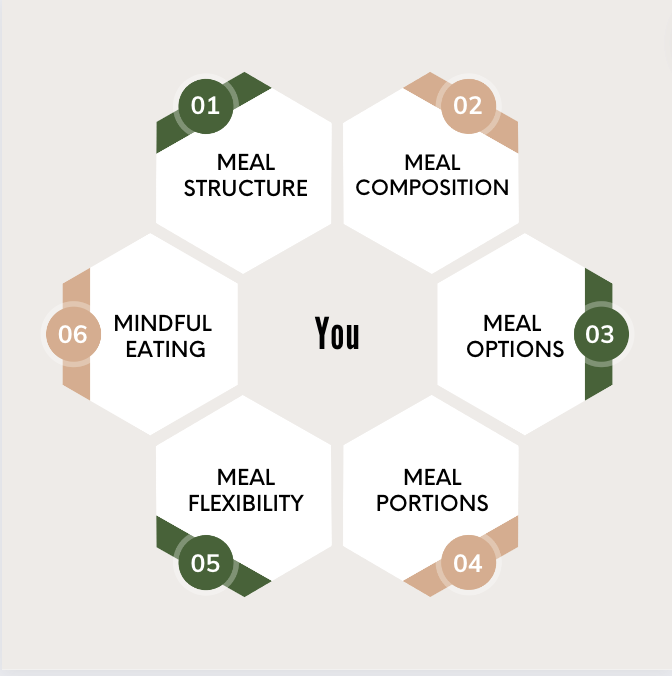Are you using short-term fixes for long- term problems?
It’s rare that I meet a new client who hasn’t tried some form of ‘dieting’ before.
Heck…I could extend that by saying it’s rare that I meet a new person (anywhere) that hasn’t tried some form of dieting.
Research shows that about half of U.K. Brits are actively trying to lose weight.
So what kind of approaches do I usually hear about?
Your usuals, the low carb diet, fasting, keto, stuff that you have probably tried before yourself too.
And it’s always to try and solve similar problems.
For weight loss, for more energy, to look better in clothes, for more confidence.
And I guess it’s always the same approaches because A) they’re ridiculously easy to implement, and B) if not these then what else?
The way I look at it (and I encourage you to contemplate this idea too) is that, consistent struggling with weight management is a long term problem and that these conventional diets are short term fixes at best.
At worst, they continue to fuel desperation and frustration whilst simultaneously zapping motivation and willpower the moment the individual breaks the diet.
At it’s root, excess weight issues are almost always a byproduct of a dysfunctional relationship with food.
Lonely? Eat. Sad? Eat. Celebrating? Eat. Bored? Eat. Grieving? Eat. Experienced trauma? Eat. Stressed out with work and need a BIG release on Friday night? Eat and drink.
Please don’t mistake my bluntness as me pointing the finger and blaming.
I completely understand how nuanced and complicated our relationship with food can be.
It would’ve been shaped massively by our parents in our early years with any of their poor habits likely to have been passed down.
The pressures of looking a certain way creeping in as we move through adolescence and cemented in adulthood - with the rise of social media exponentially increasing this.
For many women who have experienced sexual assault, overeating and being overweight is a sad but true protective mechanism.
Nothing about stripping carbs away from our diet or eliminating sugar completely suggests that it can help with improving the relationship we have with food.
So what is the answer you ask?
Well, this is where we need to break down your nutrition into all of its core elements and figure out where your deficits are.
When you carefully dissect and rebuild the core elements of your nutrition habits, you can slowly move forward with a plan that aims to improve your relationship with food.
This is at the heart of the work that I do with my clients as they work on their weight management.
Have you got structure within your day? (When)
Are your meals leaving you nourished? (What)
Have you got tasty meals/recipes to use on rotation? (What)
Are your portions too big? (How much)
What about social calories? (Where)
Why are you eating? (Why)
I call it the 6 M’s…
If you want to see different results, you need to do things differently.
Time to rethink your problems as requiring long-term solutions.

